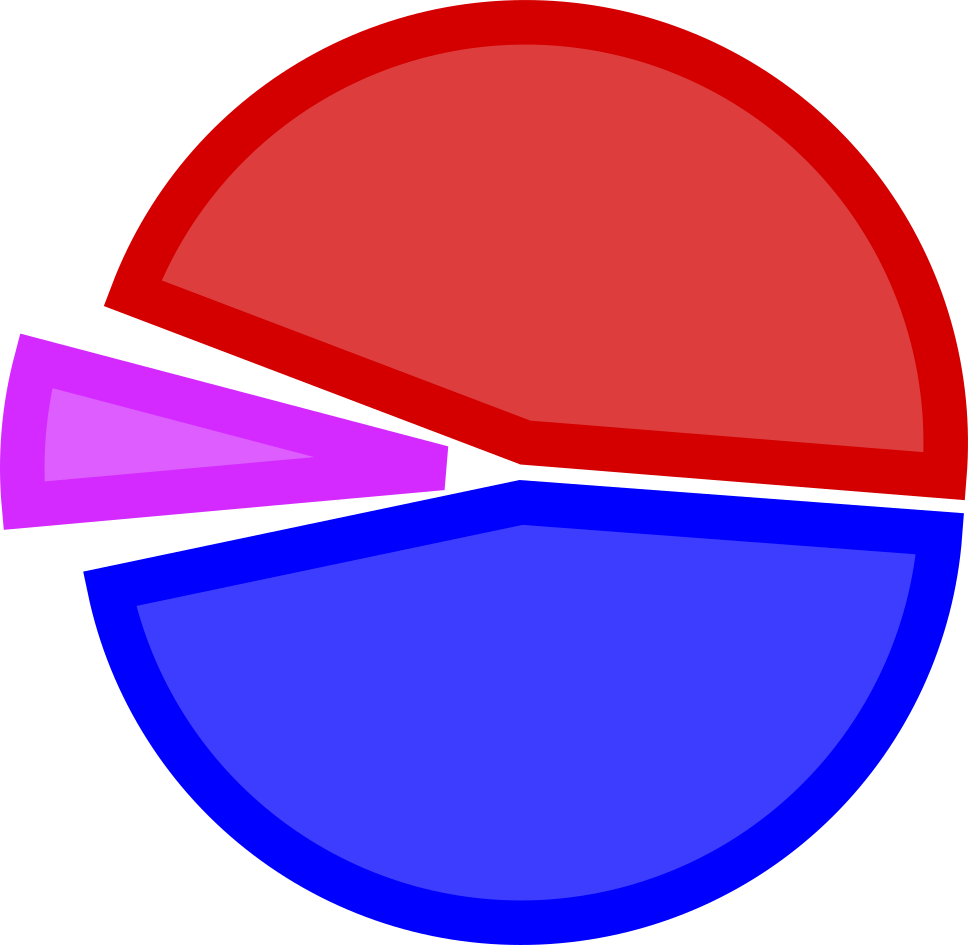The Case for Casting a Losing Vote (Part Two)
What is a Vote?
Yesterday, I wrote on my struggle with the political duopoly, and my decision to vote third party. Today, I want to begin bringing the logic of this decision to a clearer focus by explaining why I find it the most reasonable option.
I have a lot of thoughts, so in the interest of brevity, I’ll tackle this in four steps, over the next several days. Today we begin with the ever important question: what’s a vote do anyway?
The Ontology of a Vote
What does a vote actually do? Does it really matter? If so, how? If not, why vote at all? An individual vote is obviously not significant in and of itself. It is the way by which citizens of a democracy exercise their voice in a fractional way. Votes are individually insignificant. No one is going to look at your vote and think, “hm, interesting point. We should consider this person’s opinion.”
Their power comes in the aggregate. This is why parties exist, why political campaigns plague the airways, and why voter registration drives happen. The goal is to build a coalition of like-minded voters who can gather around a set of ideals, or policies, or a person, and pool their fractional power into a significant number—ideally a majority—so that their interests will win out over other peoples’ interests.
The Moral Culpability of a Vote
If this is the case, then what moral culpability do you hold for voting for candidates X, Y, or Z? Or for referendum A, or B? Are you responsible if an evil candidate gets in office and you either voted for him/her, or failed to vote against him/her?
There’s a lot of fear in this question. People want to do well, and they don’t want to inadvertently usher in evil. So they give far too much weight to their actual vote. But remember: an individual vote by itself is insignificant.
All the same, there will always be people who say, “well, you didn’t vote for this person, and the other guy got in, so you’re responsible!” I think this logic is a bullying tactic, and fundamentally dumb. If you vote for candidate Y, and candidate Y is elected, and candidate Y does some terrible things, you are not responsible for their actions—not directly at least. Anymore than that tiny red dot is responsible for the rest.
Now, that’s not to say there’s no culpability. For instance, if you have the capacity to influence and mobilize an aggregate of votes for candidate Y, and candidate Y does terrible things, well, that’s a different story. I would argue culpability, at this level, is of a different scale.
Neither is it true that there’s no accountability. After all, just because a vote is fractional doesn’t mean it’s meaningless. A candidate wins by millions of people making what they believe to be a moral choice—even if those individual choices are insignificant in isolation.
Why Vote?
So is it worth it? If our voice is only a tiny, tiny fraction of the aggregate, then why vote at all? Or conversely, does it actually matter at all what we do with our vote?
To the first question, of course it still matters. It is a right of citizenship in this country, and a profound opportunity. Sure it’s fractional power. But it’s still a nonzero amount of democratic power. It’s an incredible privilege to have an effect on what the government actually does via democratic processes. And it’s a remarkable thing that our government submits to the voice of the people.
To the second question, well, that starts to get to the heart of the problem. I argue it does. More on that tomorrow and the next day.
—Till then.




